Why study with us?
University of Bath
Whether a home or international student, the University of Bath offers an exceptional environment for postgraduate study. Ranked among the UK’s top universities, it provides cutting-edge research facilities, strong industry connections, and a supportive academic community. The university’s vibrant city, collaborative culture, and commitment to sustainability make it an ideal place to develop both professionally and personally.
Our CDT
The CDT in Sustainable Chemical Technologies goes beyond traditional PhD training, offering an interdisciplinary, cohort-based approach to tackling global sustainability challenges. With a focus on whole-systems thinking, industry collaboration, and applied research, students gain not only technical expertise but also the professional skills needed to drive real-world impact in industry, academia, and policy.
Doctoral Students
Publications
direct and indirect GVA contributions to the UK economy
Spinouts
Internships
Practical & impactful research
Studying with us gives you the opportunity to contribute directly to solving some of the world’s most pressing sustainability challenges. The EPSRC Centre for Doctoral Training (CDT) in Sustainable Chemical Technologies: A Systems Approach focuses on developing solutions that make a real difference today. Our research targets core areas such as molecules, materials, and processes to reduce environmental impact, develop cleaner energy sources, minimise plastic pollution, and find sustainable alternatives to fossil fuels and much more.
Interdisciplinary research and systems thinking
As a student within the CDT, your research will span multiple disciplines, allowing you to break down traditional academic boundaries. This interdisciplinary approach allows us to progress from designing new molecules, materials, and processes to implementing them in real-world applications. We welcome talented candidates from a broad range of scientific backgrounds with a shared passion for sustainability.
Industry and international collaboration
Our research projects often have, alongside the academic supervisor, an external supervisor from one of our many industrial, governmental, and international partners. These partners will provide valuable input and support to your project, and also offer placements or research visits where you can place your research in a wider i context.
Collaborative cohort experience
Unlike traditional PhD programmes, which can sometimes feel isolating, our CDT offers a vibrant and supportive community. You will study as part of a cohort of researchers with diverse academic backgrounds, all sharing an interest in sustainable technologies, while also being part of a larger community of researchers at various stages of their PhDs. This creates an environment where ideas are exchanged, and interdisciplinary collaboration thrives. Beyond the academic experience, our students organize regular social events, making the CDT a connected and engaging place to pursue your PhD.
More than just a PhD
At the CDT, you’ll receive a well-rounded education that goes beyond research skills. Our programme offers comprehensive training in areas such as Life Cycle Assessment (LCA), systems thinking, public engagement, entrepreneurship, and environmental management. You will graduate with the technical expertise needed for your research and the broader commercial and societal knowledge essential for addressing the sustainability challenges of tomorrow.
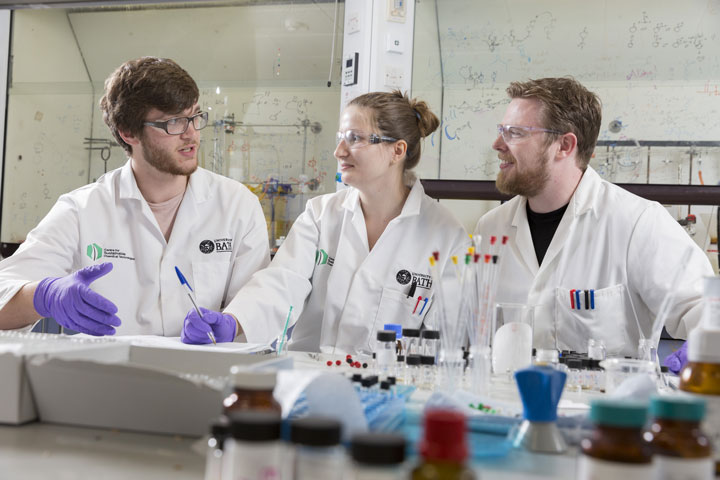

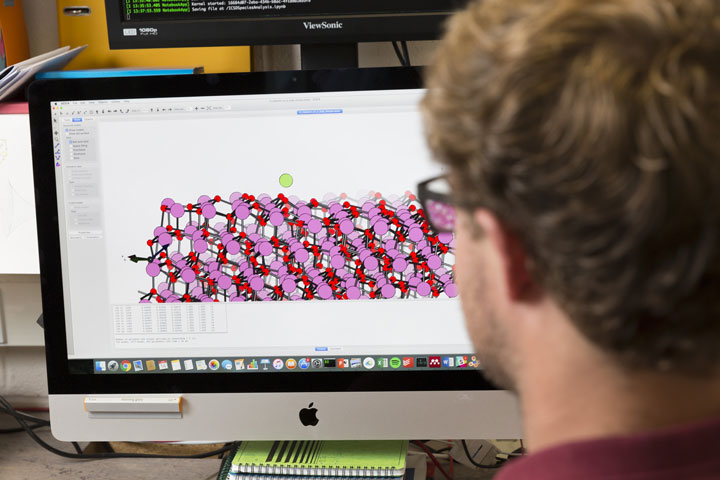
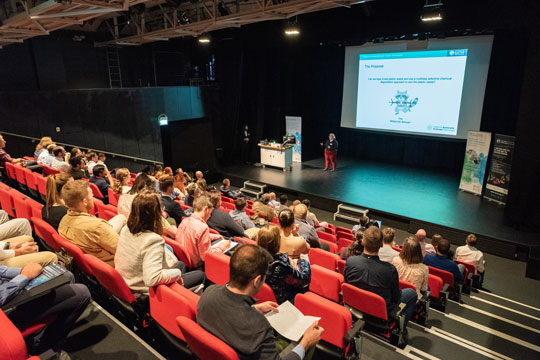
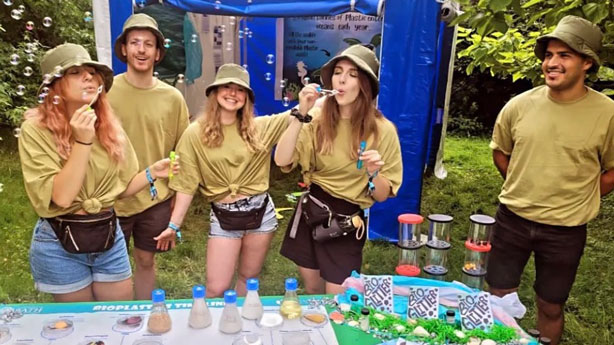
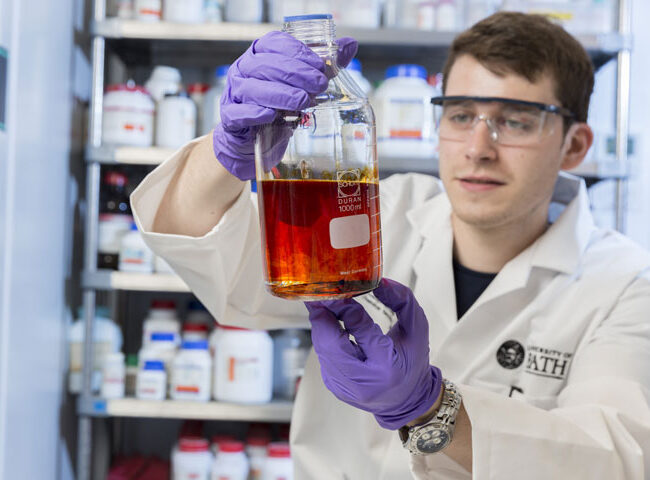
Graduates
Post PhD Careers
Alumni Destinations
Our graduates pursue diverse career paths, leveraging the skills and expertise developed during their PhDs. A significant 57% transition into industry roles, contributing to innovation and applied research. Another 29% remain in academia, advancing knowledge through teaching and research. About 9% of our alumni excel in research management, driving strategic initiatives, while 5% embrace teaching roles, inspiring the next generation. These outcomes highlight the versatility of our graduates, equipped to address complex challenges across sectors.
Alumni Reflections
More than 100 students have now graduated from the CSCT. Spread across the globe, these graduates continue to benefit from our vast and varied network long after they leave. Marking the 10th anniversary of the Centre, we asked our alumni “how CSCT impacted their career paths”. Take a look to see what some of them had to say.
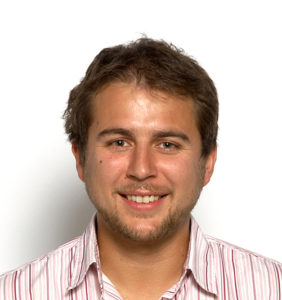
On a daily basis I have to work and communicate effectively with a cross-disciplinary group whilst also quickly becoming familiar with new concepts; this is in no small part thanks to the breadth of exposure I had during my time in the CDT. Close links to industry and an understanding of the triple bottom line pays dividends when trade-offs must be made between technical curiosity and business success.
Tom Forder
Cohort 2009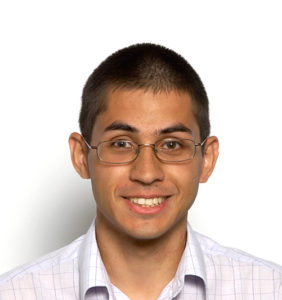
My time at the CSCT was a huge boon for my career, knowledge and general well-being. The incredible people still act as a powerful network, the knowledge of chemistry, engineering, public engagement and most importantly how to pick up new skills quickly has helped me progress my career through diverse areas such as research and development, engineering challenges, quality systems and IT. The training and experience from my time in the CSCT has meant I can adapt quickly to the constantly evolving world of business.
Daniel Minett
Cohort 2009
Thanks to CSCT, I was able to work across disciplines (Chemistry and Pharmacy) and also was able to do an internship which played a vital role in helping me to get my current job. There are many aspects of CSCT which you cannot find in any other traditional PhD programmes. Firstly, the MRes year of the programme lets you delve into two projects from which you have the flexibility to pick one and move forward to your PhD. Secondly, you are given the opportunity to present your work at an international platform every year which provides a great exposure and enables you to meet many people in your field , both in industry and academia. Thirdly, you can do an internship at your chosen place/field which is brilliant because this could also open doors for future jobs. Overall, I am proud and lucky to be part of the centre, where they have provided me with the right tools and skill sets to start my career in the industry I wanted to work in.
Duygu Celebi
Cohort 2010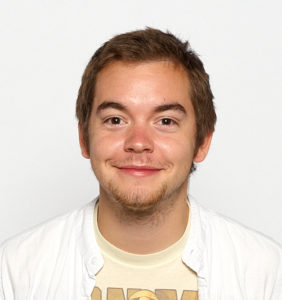
I've always said applying to the CSCT was one of the best decisions I have ever made. It was (and still is!) an accomplished, inclusive and ambitious research centre - I'm proud to have been a part of it. Whilst there, I carried out productive research which I was able to disseminate via several peer-reviewed journal articles and academic conferences. The further opportunities also provided by the CSCT directly affected my future career path - during my PhD CSCT funding allowed me to spend three months as a visiting researcher at a US government lab, the National Renewable Energy Laboratory. This experience, which likely would not have been possible otherwise, was pivotal to my success in applying for a Postdoctoral Research Associate position at another US government lab, Los Alamos National Laboratory. After two years there, I successfully applied to my current position (Scientist in Chemical Purification & Process Development) in a San Francisco Bay Area biotechnology company, Amyris. This role requires skills and knowledge from both Chemistry and Chemical Engineering, which I learned whilst at the CSCT. I can confidently say my career so far would not have been as successful if it wasn't for the multidisciplinary education and unique opportunities made available to me during my time at the CSCT.
Rhodri Jenkins
Cohort 2010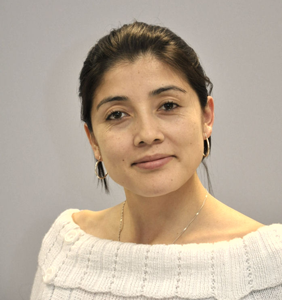
Joining the CSCT provided me with valuable experience to help develop my career as an expert in industrial remediation. As a member of the CSCT I had the opportunity to collaborate with a multidisciplinary group working toward sustainable technologies, in which I specialised in the development and testing of nanomaterials for industrial water treatment. This experience enhanced my research, technical and communication skills, and was essential in enabling me to obtain the Chartered Chemical Engineer status and be selected as a Chartered Member of IChemE. Furthermore, the knowledge and skills I gained have played an important role in my previous position as a Lecturer in Chemical Engineering and in my current job working as Water Engineering Lead for an innovation company that researches and develops materials for the selective adsorption of Perfluorinated compounds.
Anyela Ramirez-Canon
Cohort 2010
My time at the CSCT has been hugely helpful in my career path so far. Not only did it spark my interest in the broader area of sustainability, but it greatly improved my ability to work independently and present to a wide range of audiences. Working in a multidisciplinary team has also been invaluable in giving me the confidence to span the gap between science and engineering in my career.
David Miles
Cohort 2011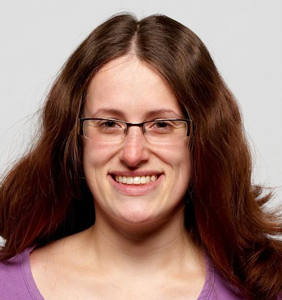
The knowledge of sustainability, the ability to communicate scientific concepts and the transferable skills that I learnt during my time at the CDT have been invaluable in my career in the civil service.
Fraeya Whiffin
Cohort 2011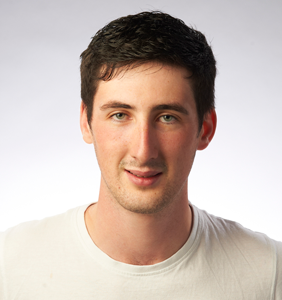
Example Title
The CSCT is exceptional in its comprehensive approach to researcher training. It has provided a multidisciplinary training programme which has allowed me to successfully forge a career in scientific consultancy. The transferable skills provided by the CSCT has enabled me to successfully and quickly integrate into a consultancy environment and furnished me with the skills and experience needed to effectively communicate highly technical concepts to key decision makers within my current role.
Joseph Donnelly
Cohort 2012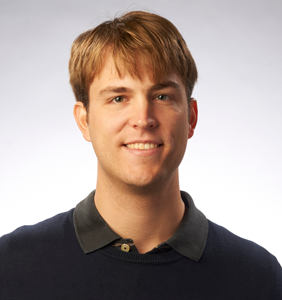
By providing me with the liberty to propose and select my own PhD project, my doctorate in the CSCT gave me the opportunity to develop my own research ideas and techniques. In addition, the taught courses of the MRes year (particularly public engagement) helped me to develop strong communication skills, which were subsequently enhanced through ongoing activities encouraged by the centre. I strongly believe that these skills have been fundamental in helping my subsequent academic progression, first by working as a Research Associate at Imperial College, before being appointed as a Lecturer at Loughborough University within 18 months of my PhD submission.




